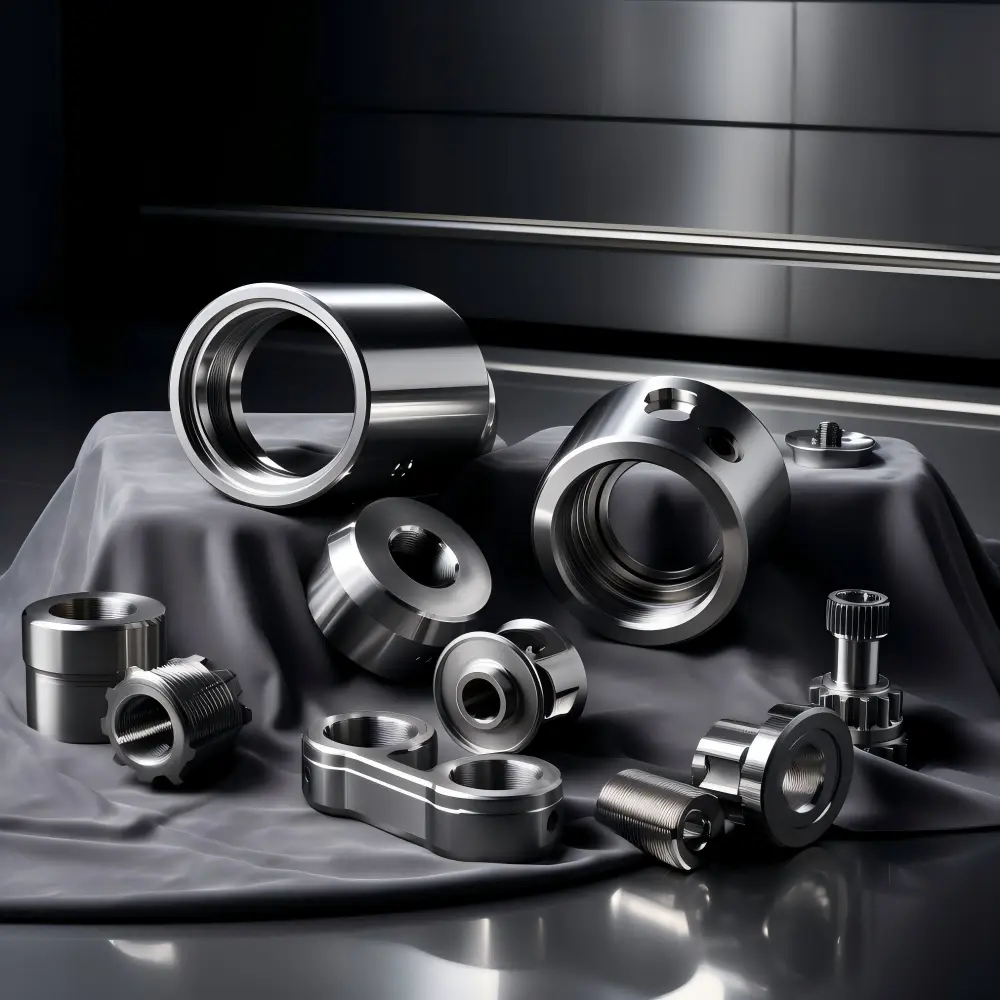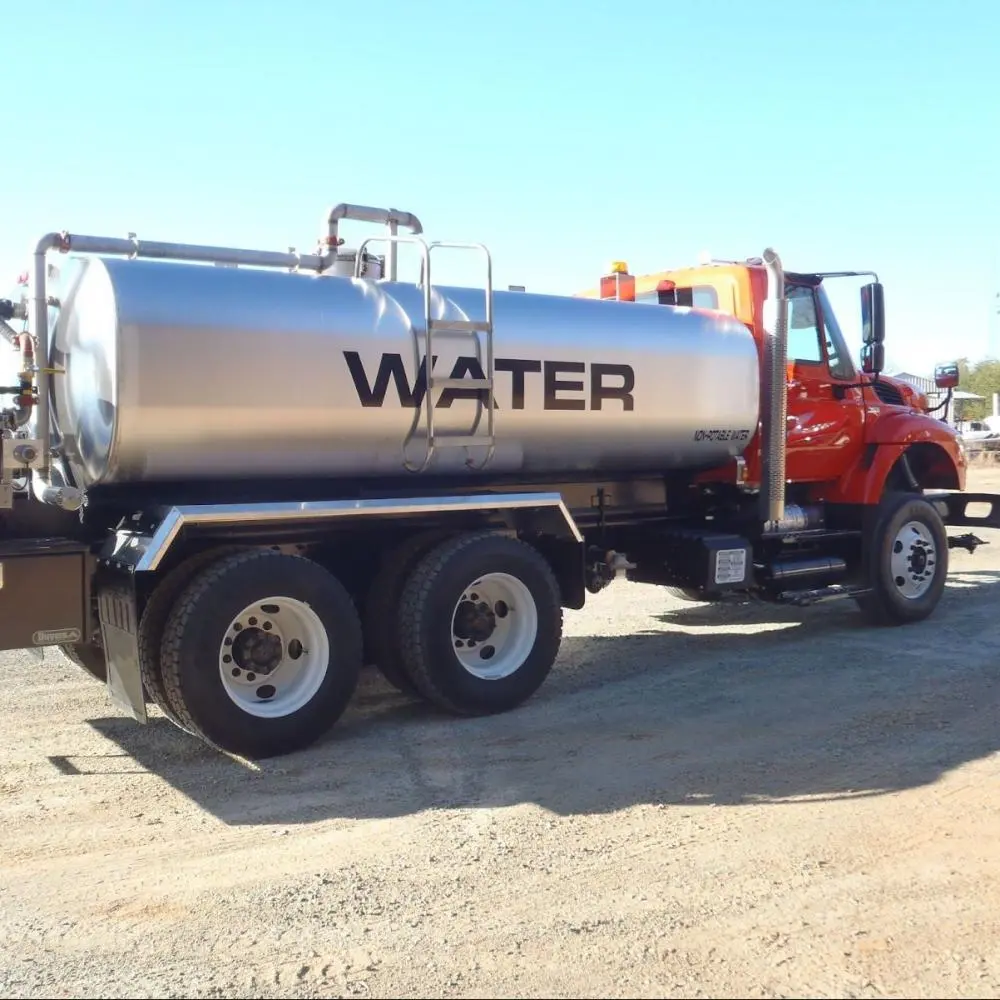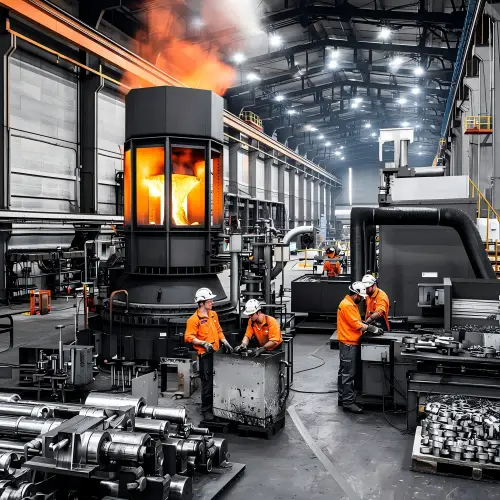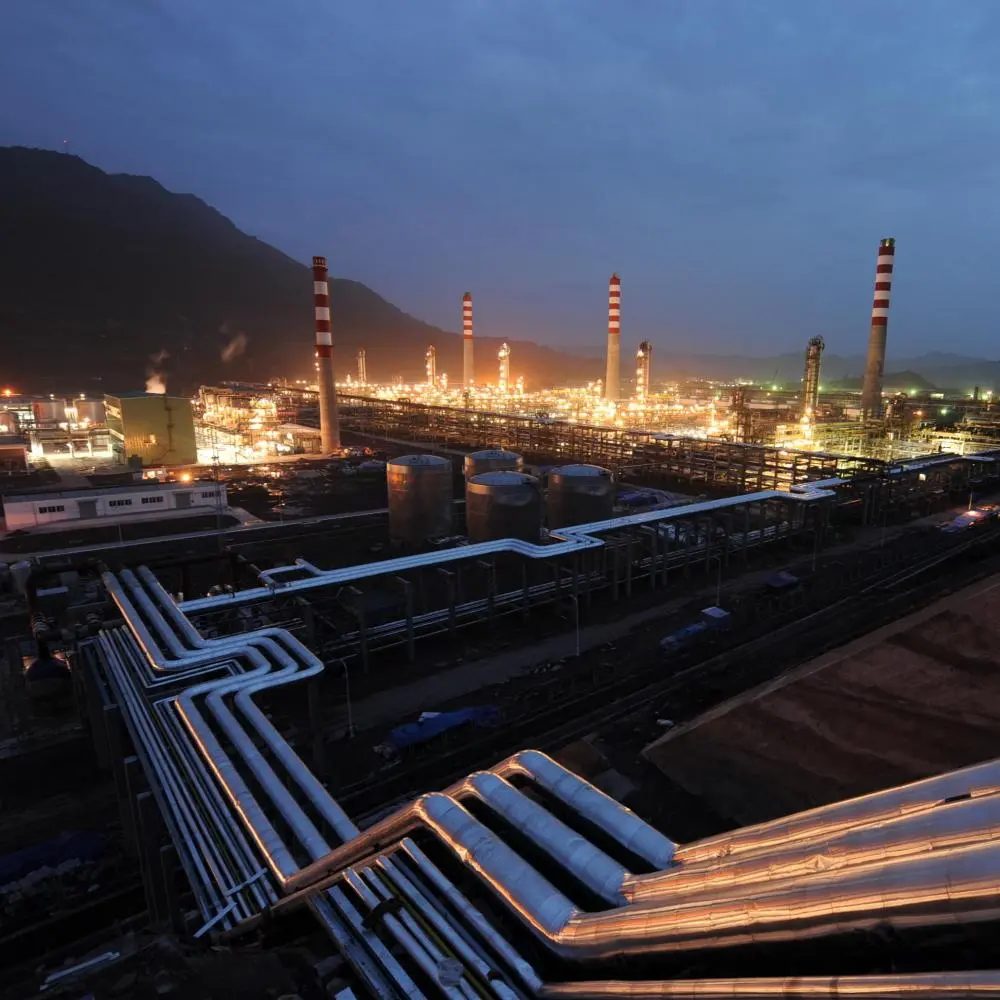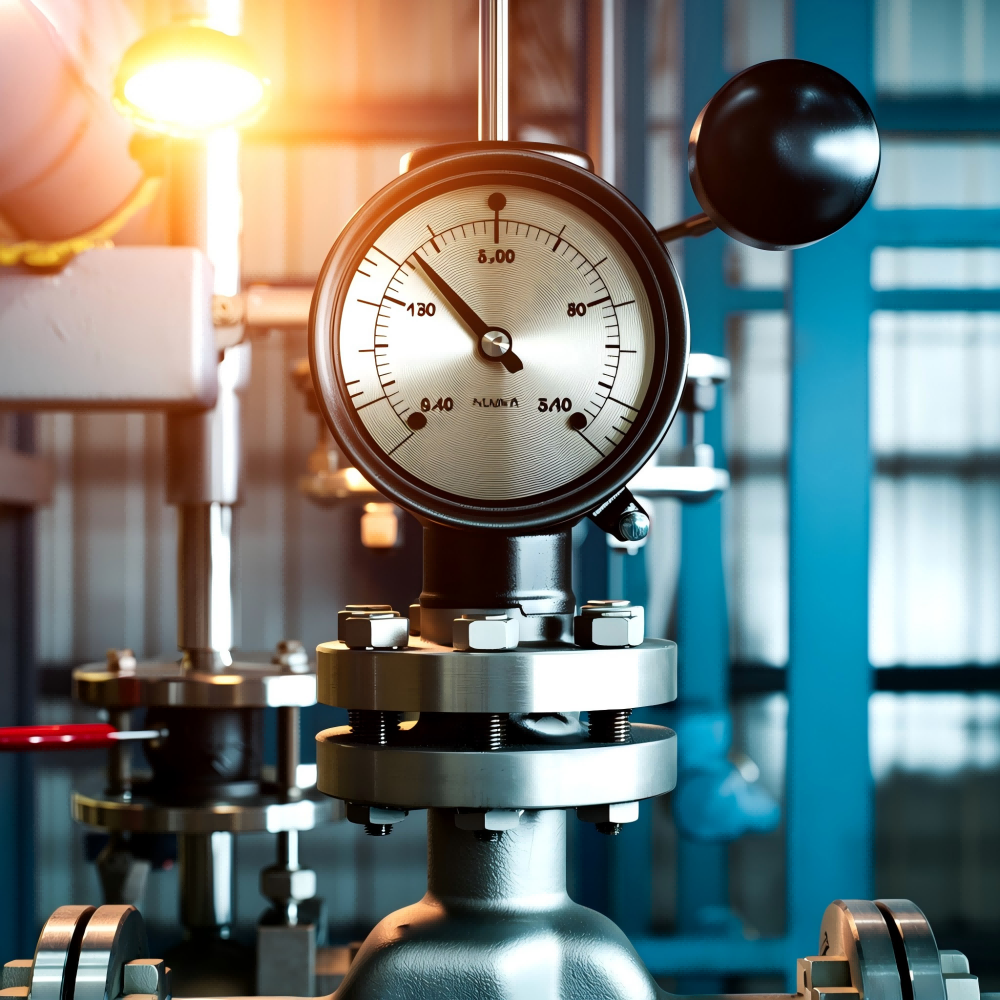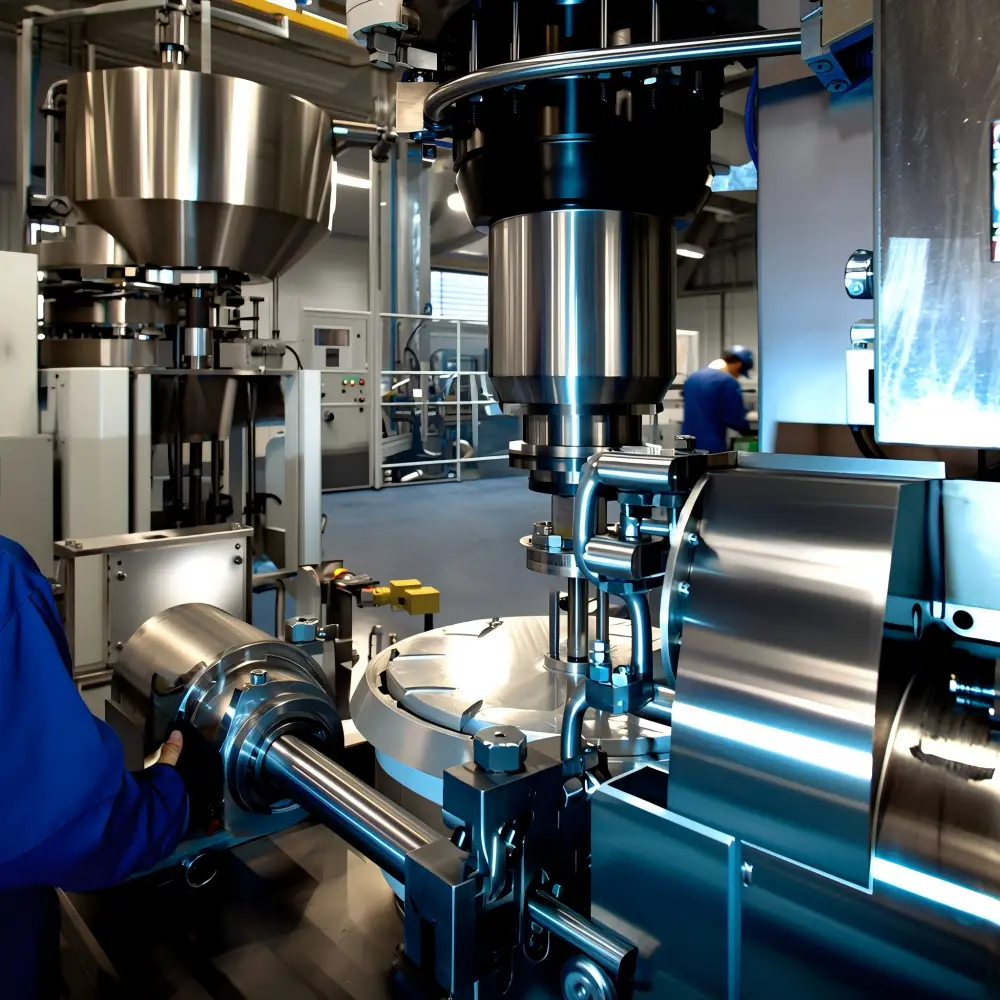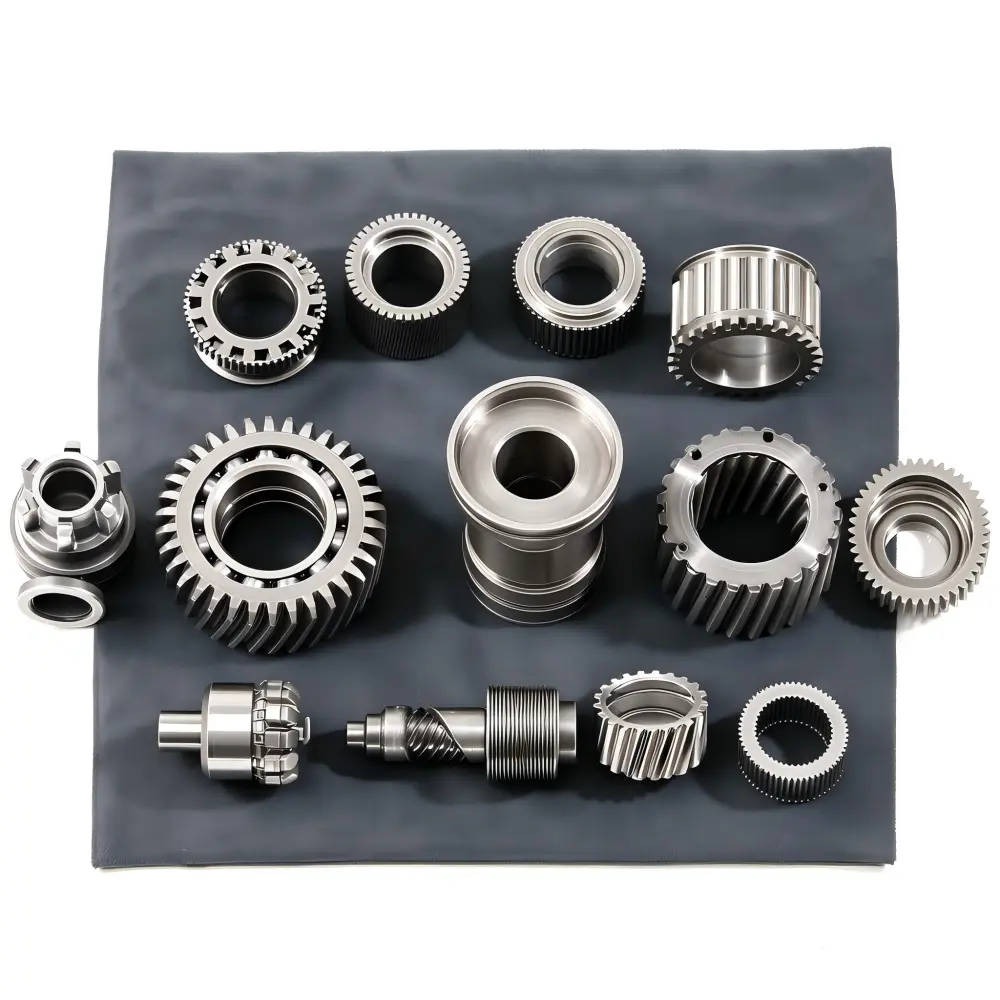How Stainless Steel Casting Boosts Machinery
Stainless steel castingsignificantly enhances machinery performance and durability. This process offers a high degree of accuracy and the ability to produce parts with complex geometries and intricate details. The mechanical properties of stainless steel make it ideal for applications requiring high strength and long life. Additionally, stainless Steel Castings yield strong materials with less weight compared to other castings. The investment casting method allows for precision components across various industries, ensuring efficient production and reliable repeatability. These superior properties make stainless steel casting a crucial element in engineering machinery.
Properties of Stainless Steel for Precision Casting
Stainless steel casting offers several properties that make it an excellent choice for precision casting in machinery. These properties enhance the performance and longevity of machinery components, making them indispensable in various industrial applications.
Corrosion Resistance
Stainless steel casting provides exceptional corrosion resistance, which is crucial in harsh environments. Machinery often operates in conditions where exposure to moisture, chemicals, or extreme temperatures can lead to corrosion. Stainless steel's ability to resist these elements ensures that machinery components remain intact and functional over time. This resistance not only protects the machinery but also extends the lifespan of its components, reducing the need for frequent replacements.
Importance in Harsh Environments
In industries such as marine, chemical processing, and oil and gas, machinery faces constant exposure to corrosive elements. Stainless steel casting plays a vital role in these settings by providing components that withstand such harsh conditions. The durability of stainless steel ensures that machinery continues to operate efficiently, even in the most challenging environments.
Longevity of Machinery Components
The longevity of machinery components directly impacts the overall performance and cost-effectiveness of machinery. Stainless steel casting contributes to this longevity by offering components that resist wear and tear. This durability minimizes downtime and maintenance costs, allowing machinery to function optimally for extended periods.
Strength and Durability
Stainless steel casting is renowned for its strength and durability. These properties are essential for machinery that requires robust components to perform demanding tasks. The strength of stainless steel ensures that machinery can handle heavy loads and high pressures without compromising performance.
Impact on Machinery Performance
The strength of stainless steel casting enhances machinery performance by providing components that can withstand significant stress. This capability is particularly important in industries such as construction and manufacturing, where machinery must operate at high efficiency. Stainless steel components maintain their integrity under pressure, ensuring consistent and reliable performance.
Reduction in Maintenance Costs
Durable stainless steel casting reduces maintenance costs by minimizing the frequency of repairs and replacements. Machinery equipped with stainless steel components experiences fewer breakdowns, leading to lower maintenance expenses. This cost-effectiveness makes stainless steel casting an attractive option for industries seeking to optimize their operational budgets.
Versatility in Design
Stainless steel casting offers remarkable versatility in design, allowing for the creation of complex shapes and customized components. This flexibility is crucial for machinery that requires specific parts to meet unique operational needs.
Ability to Create Complex Shapes
The precision of stainless steel casting enables the production of intricate shapes that would be challenging to achieve with other materials. This capability allows manufacturers to design components that fit seamlessly into machinery, enhancing its functionality and efficiency.
Customization for Specific Machinery Needs
Stainless steel casting supports customization, enabling manufacturers to tailor components to specific machinery requirements. This adaptability ensures that machinery operates at peak performance, meeting the precise demands of various industrial applications. Customization also allows for innovation in machinery design, leading to improved efficiency and productivity.
Applications in Engineering Machinery
Stainless steel casting plays a pivotal role in various engineering machinery applications. Its unique properties make it indispensable across multiple sectors, enhancing performance and reliability.
Construction Equipment
Examples of Components Made Using Casting
In the construction industry, stainless steel casting produces essential components such as gears, brackets, and housings. These parts require precision and durability to withstand the rigors of construction environments. The Casting Process allows for the creation of complex shapes, ensuring that each component fits perfectly within the machinery.
Benefits in Construction Machinery
Stainless steel castings offer significant benefits in construction machinery. They provide exceptional strength and resistance to wear, which is crucial for equipment that operates under heavy loads and harsh conditions. This durability reduces downtime and maintenance costs, leading to increased productivity on construction sites. Additionally, the corrosion resistance of stainless steel ensures that machinery remains operational even in challenging environments.
Agricultural Machinery
Role in Enhancing Efficiency
In agriculture, machinery efficiency directly impacts productivity. Stainless steel casting contributes to this efficiency by providing components that are both strong and lightweight. This combination allows agricultural machinery to perform tasks more effectively, reducing fuel consumption and operational costs.
Examples of Precision-Cast Parts
Precision-cast parts in agricultural machinery include components like plowshares, harvester blades, and tractor parts. These components must endure constant use and exposure to the elements. Stainless steel casting ensures they maintain their integrity and functionality over time, supporting the demanding needs of modern agriculture.
Automotive and Aerospace
Precision Casting in Engine Components
The automotive and aerospace industries rely heavily on precision casting for engine components. Stainless steel castings provide the necessary strength and heat resistance required for high-performance engines. This precision ensures that engines operate efficiently, delivering optimal power and fuel economy.
Impact on Performance and Safety
In both automotive and aerospace sectors, performance and safety are paramount. Stainless steel castings enhance these aspects by offering reliable and durable components. In aerospace, for instance, the ability to withstand extreme temperatures and pressures is critical. Stainless steel's properties ensure that aircraft components perform safely and efficiently, contributing to overall flight safety. Similarly, in the automotive industry, stainless steel castings improve vehicle performance and longevity, providing drivers with a safer and more reliable experience.
Advantages of Stainless Steel Casting
Stainless steel casting offers numerous advantages that make it a preferred choice in various industries. Its unique properties enhance the performance and longevity of machinery, providing significant benefits in terms of durability, precision, and cost-effectiveness.
Improved Durability
Stainless steel casting significantly improves the durability of machinery components. This process results in materials that are not only strong but also lightweight, offering a distinct advantage over other casting methods.
Resistance to Wear and Tear
Machinery components made from stainless steel casting exhibit exceptional resistance to wear and tear. This resistance ensures that parts maintain their integrity even under continuous use and harsh conditions. Industries such as construction and manufacturing benefit greatly from this durability, as it reduces the frequency of part replacements and repairs.
Extended Lifespan of Machinery
The extended lifespan of machinery is a direct result of using stainless steel casting. Components crafted through this method withstand the rigors of daily operations, leading to longer service life. This longevity translates into fewer disruptions in production and increased operational efficiency.
Precision and Accuracy
Precision and accuracy are hallmarks of stainless steel casting. The ability to produce intricate designs with exact specifications makes it indispensable for high-performance machinery.
Importance in High-Performance Machinery
High-performance machinery demands components that meet stringent standards of precision. Stainless steel casting delivers on this requirement by allowing for the creation of parts with tight tolerances and complex geometries. This precision ensures that machinery operates smoothly and efficiently, meeting the high demands of industries like aerospace and automotive.
Reduction in Material Waste
Stainless steel casting minimizes material waste, contributing to more sustainable manufacturing processes. The precision of this casting method ensures that each component is produced with minimal excess material, reducing costs and environmental impact. This efficiency is particularly valuable in industries focused on sustainability and resource conservation.
Cost-Effectiveness
The cost-effectiveness of stainless steel casting is another compelling advantage. It offers long-term savings and enhances production efficiency, making it an economically viable option for many industries.
Long-Term Savings on Repairs and Replacements
Investing in stainless steel casting leads to substantial long-term savings. The durability and longevity of stainless steel components reduce the need for frequent repairs and replacements. This reduction in maintenance costs allows companies to allocate resources more effectively, improving their bottom line.
Efficiency in Production Processes
Stainless steel casting streamlines production processes by reducing the need for extensive machining and processing. This efficiency speeds up manufacturing timelines and lowers production costs. Companies benefit from faster turnaround times and increased output, enhancing their competitive edge in the market.
Challenges and Solutions in Implementation
Technical Challenges
Overcoming Design Complexities
Stainless steel casting presents unique design challenges. The process involves creating intricate shapes and complex geometries. Manufacturers must ensure precision in every step. They achieve this by using advanced techniques like Computer-Aided Design (CAD) and Computer-Aided Engineering (CAE). These tools help in visualizing and refining designs before production. By doing so, they minimize errors and enhance the quality of the final product. The ability to produce precision net shape castings without machining further underscores the importance of meticulous design planning.
Ensuring Quality Control
Quality control remains a critical aspect of stainless steel casting. Each component must meet stringent standards to ensure reliability and performance. Manufacturers implement rigorous testing protocols to maintain high quality. They use non-destructive testing methods to detect any defects early in the process. This attention to detail reduces the risk of costly defects and ensures that each casting meets the required specifications. By focusing on quality control, manufacturers deliver high-quality, precision components that meet industry demands.
Economic Considerations
Initial Investment Costs
The initial investment in stainless steel casting can be substantial. Setting up the necessary infrastructure and acquiring advanced equipment requires significant capital. However, this investment pays off in the long run. Stainless steel casting offers cost efficiency by reducing material waste and minimizing the need for extensive machining. The process's ability to produce durable and corrosion-resistant components also leads to long-term savings on repairs and replacements. Industries benefit from the extended lifespan of machinery components, which offsets the initial costs.
Strategies for Cost Management
Effective cost management strategies are essential for maximizing the benefits of stainless steel casting. Manufacturers can adopt several approaches to manage costs efficiently:
-
Optimizing Production Processes: Streamlining production processes reduces waste and enhances efficiency. By minimizing excess material usage, manufacturers lower production costs and improve sustainability.
-
Leveraging Technology: Utilizing CNC operations and other automated systems reduces human error and improves dimensional accuracy. This technology-driven approach enhances productivity and reduces labor costs.
-
Bulk Purchasing: Buying raw materials in bulk can lead to significant cost savings. Manufacturers can negotiate better prices and reduce per-unit costs.
By implementing these strategies, industries can effectively manage costs while reaping the benefits of stainless steel casting. This approach ensures that they remain competitive and continue to deliver high-quality products to their customers.
Stainless steel casting significantly boosts machinery performance and longevity. Its precision casting method ensures high-quality, durable components essential for various industries. The ability to produce intricate designs with excellent surface finishes makes it indispensable in sectors like automotive, aerospace, and medical. By choosing stainless steel casting, industries can enhance efficiency and reduce costs. This method offers a reliable solution for future machinery projects, ensuring optimal performance and extended service life. Consider stainless steel casting as a strategic investment to achieve superior machinery outcomes.
Ningbo Pingheng Machinery Co., Ltd (www.phcasting.com) is an enterprise with many years of experience in precision casting production, in the field of stainless steel precision casting, with a number of well-known companies supporting
See Also
Future Trends In Advanced Precision Casting Technologies
Exploring The Precision Casting Process And Its Advantages
Exploring The Advantages Of Precision Casting Techniques






